10 Spicy Sweet Potato Fries Combinations That Will Blow Your Mind (And Taste Buds)
Table of Contents
- Introduction: Sweet, Spicy, and Everything Nice
- Why Spicy Sweet Potato Fries Are a Culinary Goldmine
- Top 10 Innovative Spice Pairings for Sweet Potato Fries
- Pro Tips to Elevate Your Fry Game
- Deep Dive: The Science Behind Flavor Harmony
- Summary Table: Quick Reference Guide
- Conclusion: Fry Like a Flavor Alchemist
Introduction: Sweet, Spicy, and Everything Nice
If there's one food that can make both your taste buds dance and your soul feel warm, it’s spicy sweet potato fries. They’re the culinary equivalent of wearing fuzzy socks while jumping into a pile of autumn leaves — comforting yet exciting.
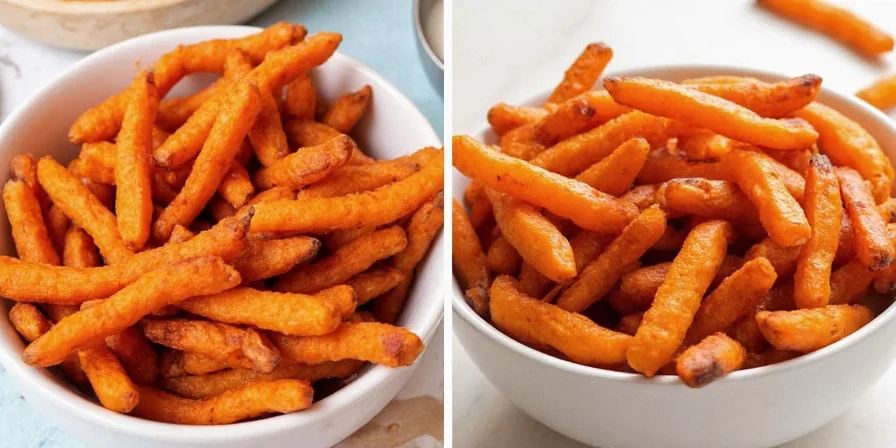
Image 1: Golden-brown spicy sweet potato fries, ready for some serious flavor action.
Today, we're not just talking about regular seasoning — we’re diving deep into Innovative Spice Pairings that take these fries from “meh” to “WOW.” Whether you're a professional chef or a kitchen warrior in training, this guide is packed with science, strategy, and a few surprises.
Why Spicy Sweet Potato Fries Are a Culinary Goldmine
Sweet potato fries have a natural sweetness that acts like a blank canvas for bold spices. When paired correctly, heat and sweetness don't compete — they harmonize. Think of them as a duet where the singer and guitarist each bring something different but equally powerful to the stage.
Scientifically speaking, capsaicin (the compound responsible for spiciness) activates pain receptors, which triggers endorphin release — hence the addictive nature of spicy foods. Add in natural sugars from sweet potatoes, and you’ve got a perfect storm for flavor addiction.
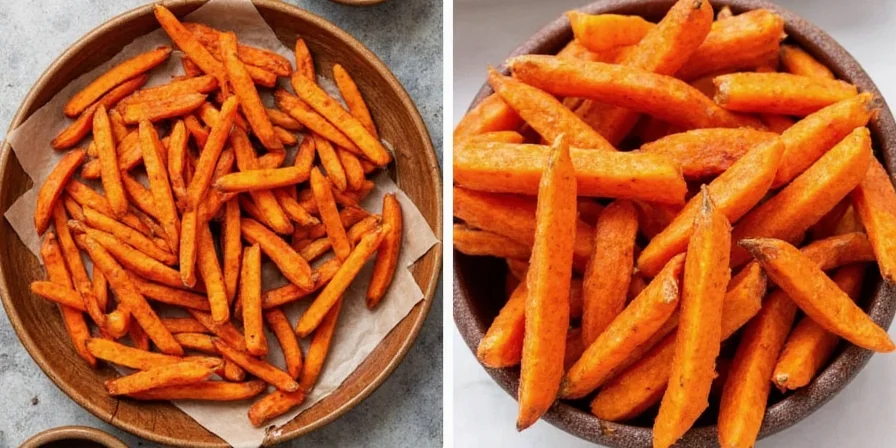
Image 2: Capsaicin under the lens — the chemical superstar behind that burning sensation.
Top 10 Innovative Spice Pairings for Sweet Potato Fries
- The Classic Come-Up: Cajun + Lime Zest
Tangy meets earthy. A staple for Southern-inspired flavors. - Mexi-Curry Twist: Garam Masala + Chili Powder
East-meets-Southwest fusion that’s both warming and complex. - Umami Fire: Smoked Paprika + Parmesan Flakes
Adds a savory depth that balances the natural sweetness. - Thai-Inspired Kick: Lemongrass + Bird’s Eye Chili Salt
Fragrant, floral, and punchy all at once. - Breakfast Vibes: Cinnamon + Cayenne Pepper
A sneaky way to enjoy fries any time of day. - Korean Heat: Gojugaru + Sesame Oil Glaze
Rosy red chili flakes give a gentle smoky fire with nutty undertones. - Desert Storm: Za’atar + Sumac
Middle Eastern magic that’s zesty, herbal, and totally unique. - Jamaican Jerk Jazz: Allspice + Scotch Bonnet Dust
Pungent, peppery, and wildly aromatic. - Coconut Curry Crunch: Turmeric + Toasted Coconut Flakes
Earthy and fragrant with a tropical finish. - Berber Heatwave: Harissa Dry Rub
North African heat with roasted garlic and cumin undertones.
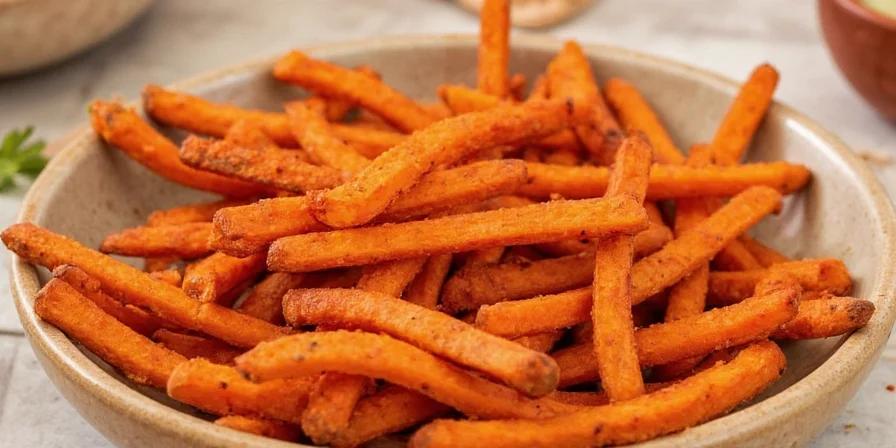
Image 3: Top 10 spice pairings visualized — handy cheat sheet for your next fry session.
Pro Tips to Elevate Your Fry Game
- Toast Your Spices First: Lightly toasting whole spices before grinding releases their essential oils and boosts aroma significantly.
- Oil Matters: Use neutral high-smoke-point oils like avocado or grapeseed oil for even frying without overpowering the flavor profile.
- Double-Fry Technique: First fry at lower temp (around 300°F / 150°C), let rest, then re-fry at 375°F / 190°C for maximum crispness.
- Season While Hot: Apply dry seasonings immediately after frying while the surface is still hot and porous — this helps spices stick better.
- Don’t Forget Dipping Sauces: Match your dips with your spice theme — try chipotle aioli for Mexican vibes or coconut yogurt for Thai flair.
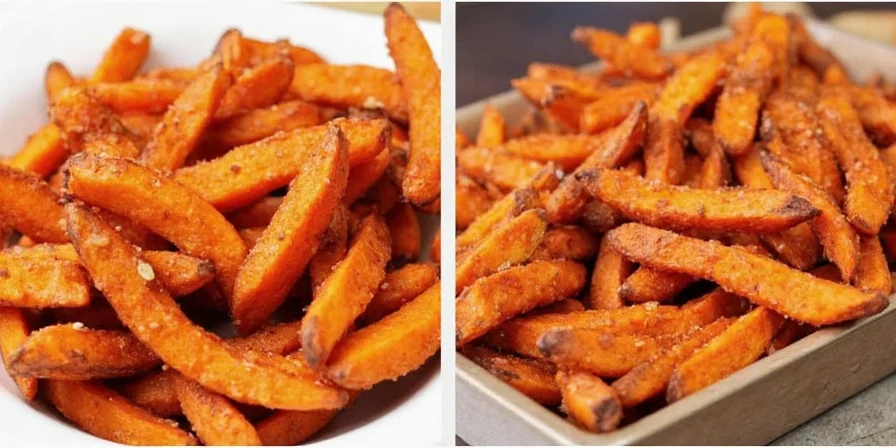
Image 4: Seasoning right after frying ensures maximum adhesion and flavor impact.
Deep Dive: The Science Behind Flavor Harmony
Flavor pairing isn’t random — it’s based on shared volatile compounds found in ingredients. For example, sweet potatoes contain furaneol — a compound also found in caramel and strawberries. Spices like cinnamon or allspice share many of those same compounds, making them naturally compatible.
Meanwhile, capsaicin (the heat driver) dissolves best in fats and alcohol, which is why pairing spicy fries with a creamy dip or a citrusy beer makes the heat more enjoyable instead of overwhelming.
| Spice | Main Flavor Compound | Matches Well With |
|---|---|---|
| Cayenne | Capsaicin | Dairy, citrus, fat-rich bases |
| Garam Masala | Linalool, Eugenol | Citrus zest, honey, turmeric |
| Za'atar | Thymol, Carvacrol | Olive oil, lemon, sumac |
| Gojugaru | Phenethyl Isothiocyanate | Sesame oil, soy sauce, rice vinegar |
| Harissa | Carotenoids, Capsaicinoids | Olive oil, preserved lemons, chickpeas |
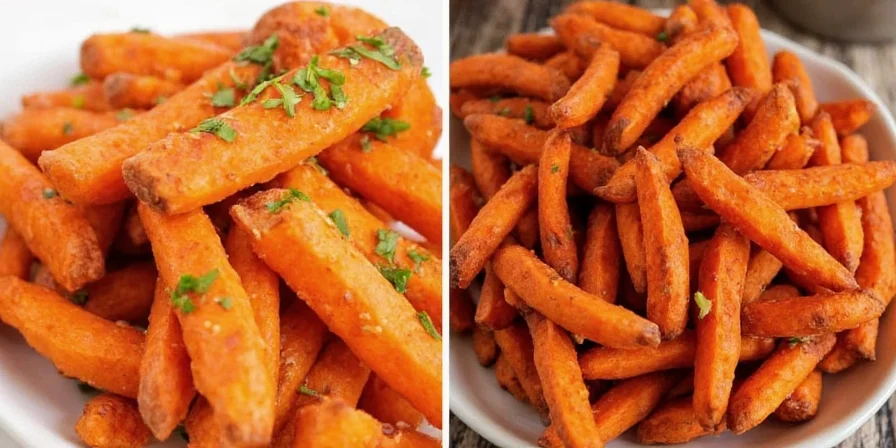
Image 5: Flavor pairing wheel — visualize how different spices connect through shared compounds.
Summary Table: Quick Reference Guide
| Combination | Region | Flavor Profile | Best For |
|---|---|---|---|
| Cajun + Lime Zest | USA | Smoky, tangy, bold | Cocktail hour, tailgating |
| Garam Masala + Chili Powder | India + Mexico | Earthy, warming, exotic | Curry lovers, adventurous eaters |
| Smoked Paprika + Parmesan | Spain + Italy | Savory, umami, rich | Movie night, wine pairings |
| Lemongrass + Bird’s Eye Chili | Thailand | Herbal, floral, fiery | Asian fusion dishes, summer barbecues |
| Cinnamon + Cayenne | Multicultural | Sweet, spicy, cozy | Breakfast, brunch, fall feasts |
Conclusion: Fry Like a Flavor Alchemist
Spicy sweet potato fries are more than a trendy snack — they’re a playground for flavor innovation. By understanding the chemistry of spice pairings and using practical techniques, you can create unforgettable taste experiences that go beyond the basic paprika-and-cayenne combo.
Whether you're experimenting for a dinner party, restaurant menu, or just your own culinary joyride, these pairings are sure to impress. So go ahead — grab your favorite spices, toss those fries, and become the mad scientist of your kitchen.
Remember: Great flavor doesn’t happen by accident — it happens when curiosity meets creativity. Now get frying!











 浙公网安备
33010002000092号
浙公网安备
33010002000092号 浙B2-20120091-4
浙B2-20120091-4